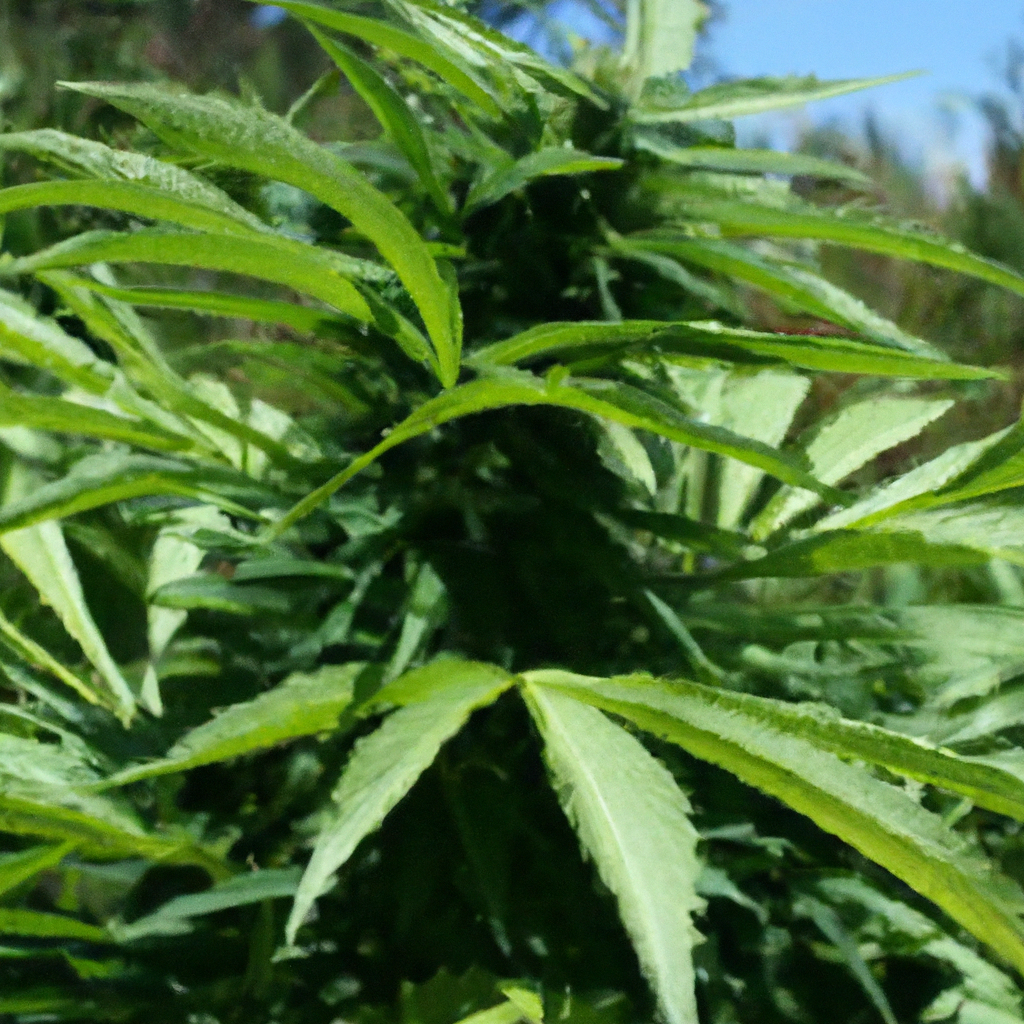Your cart is currently empty!
As more consumers and cultivators embrace sustainable practices, organic cannabis cultivation has become a focal point for producing high-quality, eco-friendly cannabis. Embracing organic methods not only benefits the environment but also enhances the plant’s natural properties, providing consumers with a cleaner and more potent product. In this guide, we’ll explore the best practices for growing cannabis organically, focusing on natural fertilizers, composting, and effective pest control methods.
Cultivating Rich Soil Ecosystems
The foundation of organic cannabis cultivation lies in healthy soil. Unlike synthetic fertilizers, which can disrupt soil ecosystems, organic methods nurture and enhance soil vitality. Here’s how:
- Composting: Integrate homemade compost into your soil to enrich it with natural nutrients. Composting not only reduces waste but also provides a rich source of organic matter, essential for healthy plant growth.
- Cover Cropping: Plant cover crops such as clover or rye to fix nitrogen in the soil, suppress weeds, and improve soil structure.
- Beneficial Microbes: Introduce beneficial microbes and fungi, such as mycorrhizae, to promote nutrient uptake and enhance root health.
Natural Fertilizers for Optimal Growth
To support cannabis growth without synthetic chemicals, natural fertilizers are key. These alternatives provide essential nutrients while maintaining ecological balance.
- Fish Emulsion: Rich in nitrogen, fish emulsion is ideal for promoting lush, green growth during the vegetative stage.
- Kelp Meal: Packed with micronutrients, kelp meal boosts plant immunity and stress tolerance.
- Bone Meal: High in phosphorus, bone meal fosters robust flowering and strong root development.
Sustainable Pest Control Techniques
Avoiding synthetic pesticides is crucial to keep your cannabis organic. Here are some eco-friendly alternatives:
- Companion Planting: Grow herbs like basil, cilantro, and dill alongside your cannabis plants. These can attract beneficial insects and repel harmful pests.
- Neem Oil: Derived from the neem tree, this natural oil acts as a safe and effective pesticide and fungicide.
- Insecticidal Soap: This biodegradable soap is effective against soft-bodied insects such as aphids and spider mites.
Why Organic Cannabis?
Opting for organic cannabis cultivation presents numerous benefits:
- For the Environment: Organic practices reduce chemical runoff and promote biodiversity, leading to healthier ecosystems.
- For Consumers: Organic cannabis is free from harmful residues, providing a cleaner, safer product that can enhance the user experience.
Conclusion
Embracing organic cannabis cultivation means committing to sustainability, quality, and health. By fostering vibrant soil ecosystems, utilizing natural fertilizers, and employing eco-friendly pest control methods, cultivators can produce cannabis that is not only environmentally responsible but also superior in quality. Start your organic journey today and benefit both your operation and your consumers with nature’s finest.
Tags: OrganicGrowing, NaturalFertilizers, Compost, PestControl, Sustainability
Discover more from Magic Clones
Subscribe to get the latest posts sent to your email.


Leave a Reply